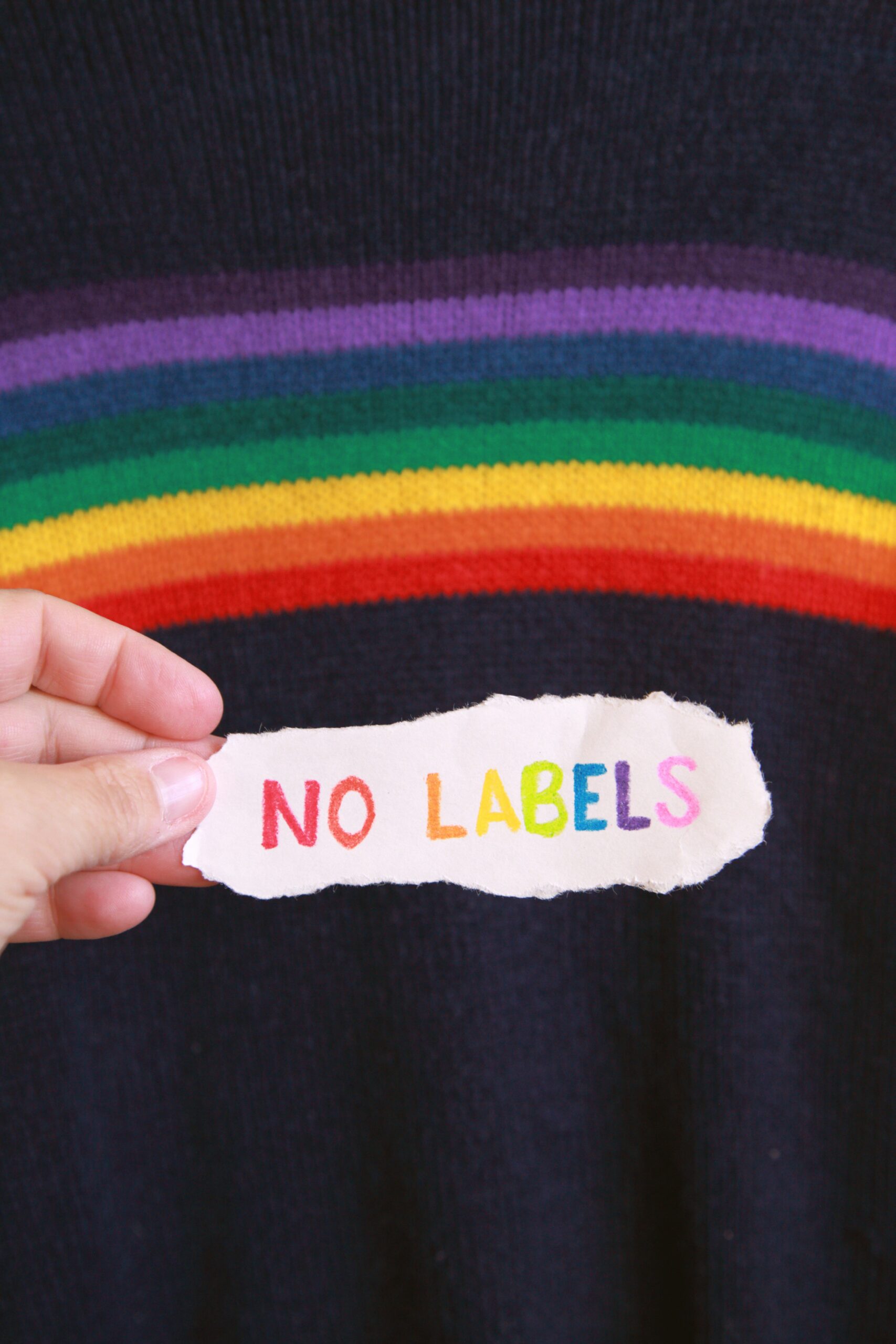our blogs
Current Post

I Like the Wine and not the Label
Gia Bagnoli-Brown MSW, LSW
Counselor, Insight Clinical Counseling and Wellness, LLC
“Um, I do drink red wine, but I also drink white wine. And I’ve been known to sample the occasional rosé. And a couple summers back, I tried a Merlot that used to be a Chardonnay, which got a bit complicated… I like the wine and not the label. Does that make sense?” — David Rose
If you haven’t watched Schitts Creek, you need to. Aside from the show being phenomenal, it took a stab at the evolving increase of LGBTQI+ relationships on screen. It followed the evolution of a pansexual character and did so with beauty and ease. Now for myself, I consider having been an ally before being an ally was a declaration to be made. Let’s talk about some statistics, and what you can do to become an ally as well.
The Trevor Project reports 45% of LGBTQI+ youth considered attempting suicide in the past year. They also stated that LGBTQI+ youth who felt high levels of social support from their family reported attempting suicide at less than half the rate of those who felt little to no social support. In reality, all teenagers are at risk, but LGBTQI+ are at a higher risk because their risks are more complex. They are not more prone to suicidal behaviors due to their sexuality, but because of the added stigma and mistreatment, as well as lack of support from family, friends, or peers.
Another unfortunate statistic reported by the Trevor Project is that of the LGBTQI+ youth who have desired mental health services in the past year, 60% have not been able to receive it. So, not only are these youth struggling with social standards, bullying, stigmatization, and lack of family support, they are doing it alone.
In my professional role, I have noticed an increase of youth, as young as 10 years old, identify as bisexual during initial assessment. This means in front of a person they just met, and a parent or guardian they are confidently identifying their sexual preferences honestly. I then pay close attention to how their supportive adult responds. With that being said, I find it important for people to understand there is a difference between being accepting, and being supportive.
The dictionary defines acceptance as:
1. The quality or state of being accepted or acceptable.
2. The act of accepting Something or someone
Support is defined as:
1. To promote the interests or cause of
2. To uphold as valid or right; advocate
To put it simply, acceptance is great, it just isn’t enough. Supporting looks like advocating for them, whether at school, at home, with family, or with friends. This means taking them to get clothes they feel comfortable in, cutting their hair how they like, and utilizing their name and gender pronoun preferences.
Ultimately, it costs nothing to be kind. The LGBTQI+ community is made up of your family, friends, peers, and colleagues whether you know it or not. Statistically speaking, you most likely love someone who identifies on the spectrum. Let that soak in.
Happy Pride month, keep being fabulous!
Latest Posts

What is OCD and How Do We Treat It?
When we hear that someone has an obsessive-compulsive disorder (OCD) diagnosis, we often think this means they are very clean and like to wash their hands! Although these symptoms can be true for some individuals experiencing OCD, this is also a very limited perspective. First, let’s break this down by getting into the obsessions, then the compulsions, how they work together and lastly, what OCD treatment looks like.

Coercive Control: The Hidden Domestic Violence
When most people hear about intimate partner violence (IPV), thoughts of physical abuse usually come to mind. However, another insidious form of abuse, coercive control, is often overlooked since the scars are not always visible. Some coercive controllers are physically violent, while others are not.

You Don’t Have to be a Monk to ‘Meditate’
So many of my clients have shared with me that meditation (mindfulness) coping skills ‘Don’t work for me!’ or ‘They make my anxiety worse!’ or ‘I could never sit and think about nothing!’ Maybe you can relate? For most of us, when we think of meditating, we think of a monk sitting cross legged on the floor experiencing a state of quiet and focus. Honestly, that’s what comes to my mind too.
Our Locations
Request Appointment
Contact

Copyright © 2025 Insight Clinical Counseling & Wellness, LLC. All Rights Reserved.

Our Locations
follow us
Instagram
Facebook
LinkedIn
